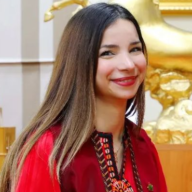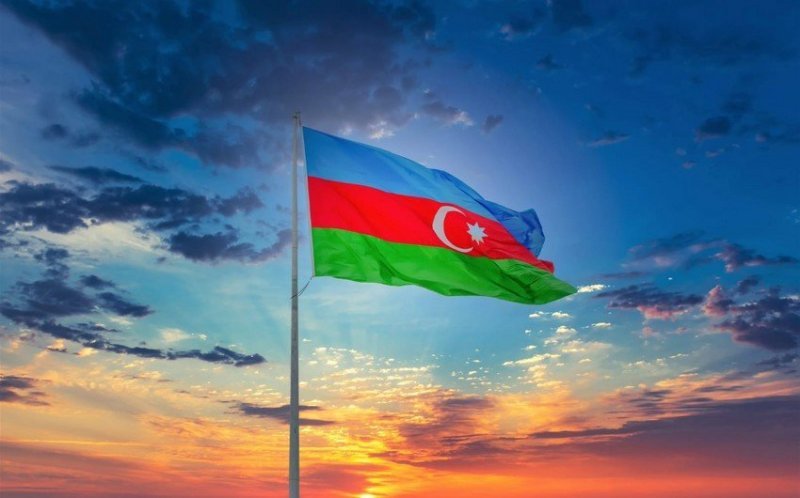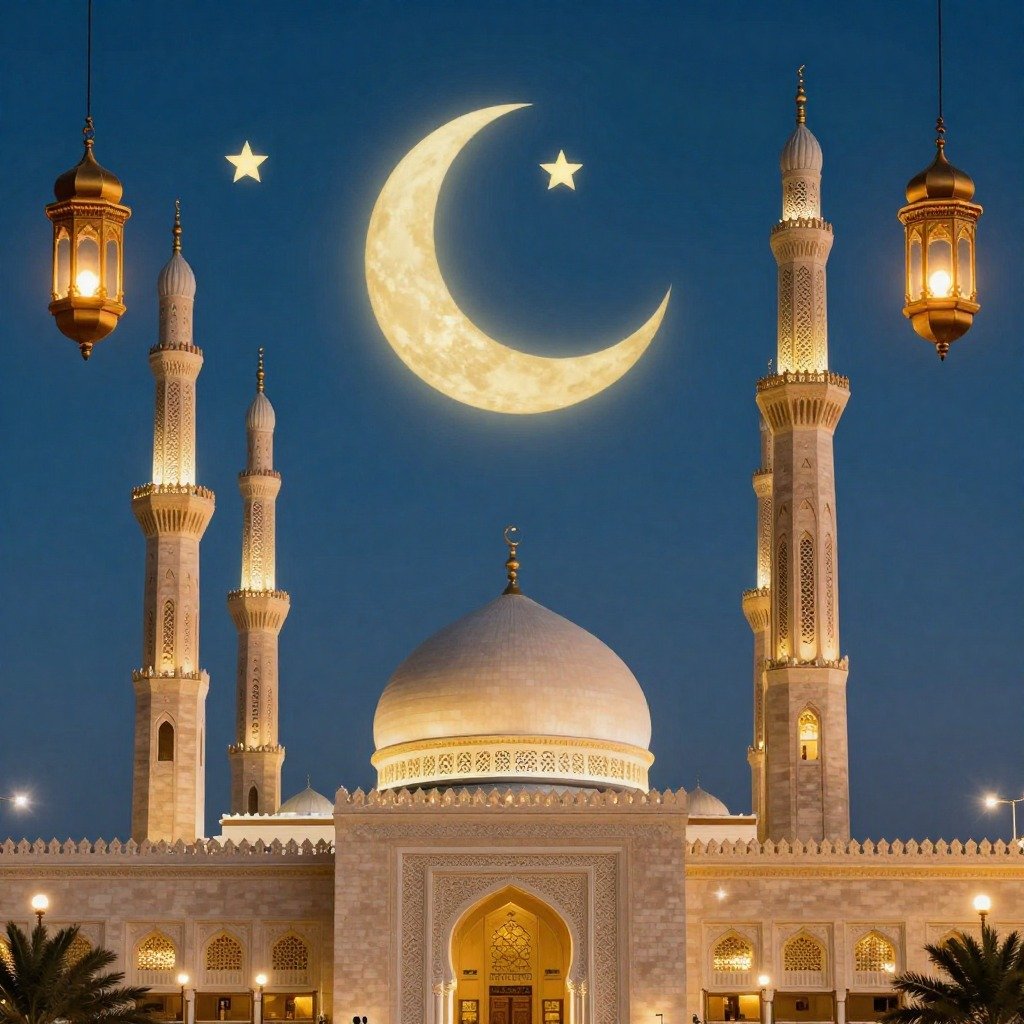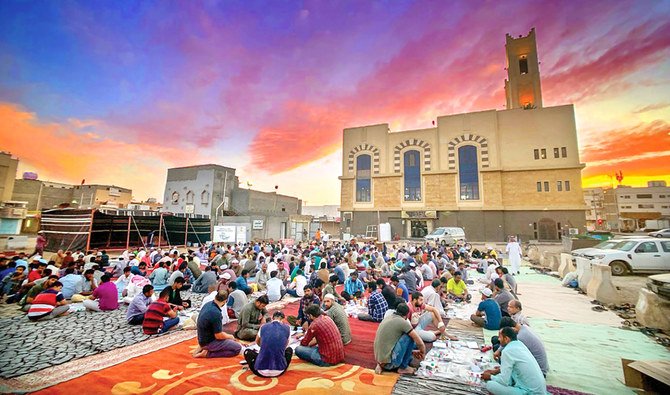In a special Forum organized in Brussels by HEPA and the Organization of Turkic States, the secretary general of the OTS Kubanychbek Omuraliev (pictured) gave an interview to Derya Soysal of EU Reporter on March 5, 2025.
1. What significant steps has the Organization of Turkic States (OTS) taken in recent years?
In recent years, the Organization of Turkic States has made many important moves to strengthen cooperation among our countries and increase our presence on the world stage.
We have expanded our multilateral cooperation into 35 different areas, ranging from foreign policy and trade to energy, green economy, tourism, digitalization, and even space research.
The economic cooperation among the member states of the Organization of Turkic States is an essential and dynamic aspect of the overall integration and collaboration within the Turkic world.
One of the main mechanisms we have established to enhance cooperation is the Turkic Chamber of Commerce and Industry (TCCI), which acts as a key platform for strengthening business relations across our member states.
Additionally, the Turkic Investment Fund (TIF) is another milestone. Initially launched with a capital of $500 million, the fund has now grown to $600 million with joining of Hungary, supporting mutual investments, fostering innovation, and nurturing entrepreneurship, particularly within SMEs. The Fund is planned to be activated this year and start investing in concrete projects in our region.
Another major development is the Trade Facilitation Committee (TFC), which works to streamline trade processes, remove barriers, and improve the overall business environment in the region.
At the recent summit in Bishkek, we signed the Digital Economy Partnership Agreement, which marks a major leap toward digital trade and transformation within our region.
While the potential for expanding trade in our region is enormous—given its strategic position at the crossroads of East and West, North and South—there are still hurdles to overcome. According to the final results of 2024, OTS member states rank 12th globally in total GDP, with a combined external trade volume of $1.1 trillion. However, intra-trade between the OTS Member States currently accounts for only around 7% of that (total trade turnover of OTS Member States in 2024 was 850 billion USD), or about $58.17 billion. A few years ago, this was only 3%, so we’re seeing encouraging growth. Our goal now is to increase this share to 10% as quickly as possible.
To achieve this, we are addressing barriers in transportation and logistics, with long-term projects like the Middle Corridor, a key strategic initiative connecting Asia to Europe. Passing through our member states, it offers unparalleled advantages. It is 2,000 kilometers shorter than the Northern Corridor and can deliver goods from China to Europe three times faster than sea routes—within just 15 days.
Infrastructure enhancements along the Middle Corridor are expected to triple the volume of cargo transported by 2030, reaching 11 million tons. A vital component of this corridor is the China-Kyrgyzstan-Uzbekistan railway project, which will significantly reduce transit distances and has the potential to transport up to 15 million tons of cargo annually. In recent years, we’ve witnessed substantial growth in cargo transportation along this route. In the first 11 months of 2024, the volume of cargo transported along the Middle Corridor surged by 63%, reaching 4.1 million tons.
We have also made significant strides in transport and customs cooperation. Agreements such as the Simplified Customs Corridor, International Combined Freight Transport, and digitalization initiatives like E-Permit, E-CMR, and E-TIR are helping to streamline logistics and enhance trade efficiency. All these efforts are contributing to our broader goal of deepening regional economic integration and improving trade flows among our member states.
Given the strategic location of OTS member countries, the Middle Corridor serves as a vital transit route for EU nations seeking alternative and efficient pathways to Asia. The EU can leverage the OTS region’s potential by engaging in collaborative projects that enhance infrastructure, harmonize regulations, and promote seamless trade. We stand ready to serve as a bridge for transit, facilitating not only the movement of goods but also fostering economic cooperation and mutual prosperity between the East and the West.
Security cooperation is equally vital to our work. We have established key mechanisms for collaboration, including regular consultations on political and security issues, intelligence-sharing, and the development of a Civil Protection Mechanism to respond to natural disasters and emergencies.
When it comes to education and culture, we have made remarkable progress too. The Turkic Universities Union, which now includes over 100 universities facilitates academic cooperation and promotes common educational standards.
Culturally, the World Nomad Games, launched by Kyrgyzstan in 2012, have become a global celebration of our shared nomadic heritage, attracting participants from across the world. The upcoming 6th edition in Kyrgyzstan in 2026 promises to build on that legacy.
We also spotlighted our region’s rich cultural heritage through the “Turkic Silk Road” and “Tabarruk Ziyarat” projects.
Moreover, the Secretariat developed and signed targeted work plans and MoUs with key international bodies, including UN institutions such as UN-Habitat, WHO, and UNIDO. Notably, we signed an MoU with UN-Habitat to promote urban development and sustainability, and a Joint Declaration with UNIDO focusing on clean energy and sustainability. Additionally, the 2024-2025 Action Plan with WHO will guide our collaboration on improving emergency preparedness, strengthening health systems, and promoting well-being across our region.
The “Turkic Week” in Geneva in 2024 was a landmark event that showcased our unity and collaboration. We’re already planning similar events in other international capitals, continuing our work to raise our profile and promote our values globally.
In short, the OTS has made significant strides in creating a more integrated, prosperous, and secure region, with a clear vision for the future. We’re committed to strengthening ties among our member states and expanding our global influence, fostering a shared future of peace, prosperity, and cultural exchange.
2. Can we truly say that there is a strong sense of unity among the member states?
Yes, definitely. The Turkic States are more than just partners. We are brotherly nations. Our connection goes beyond trade or politics — it’s a bond that’s been growing for centuries. This unity comes from our shared values, language, culture, and history, and common goals for the future. We are united by our past and our hopes for the future, and that makes our cooperation strong and lasting.
3. Is it possible for the OTS to evolve into an EU-style organization in the future?
I would like to emphasize that our primary goal has always been to strengthen the ties between Turkic states and build a solid foundation for mutually beneficial cooperation. We value our unique cultural, historical, and linguistic heritage, which serves as the foundation for deepening integration in areas such as economy, culture, security, and education.
However, it is important to note that the future of the OTS doesn’t have to follow the same path as the European Union. The EU has been an example of political and economic integration, but its journey was shaped by specific historical and political conditions that may not fully align with the realities of our member states.
Nevertheless, we are committed to deepening our cooperation in the economic sphere, supporting projects aimed at developing trade, logistics, tourism, and other key areas.
Looking ahead, it’s possible that the OTS may evolve into a more integrated and influential union. However, this process will depend on the willingness of our member states to work together and find common ground on important issues. It’s essential that each country maintains its sovereignty, while the OTS remains a platform for collaborative efforts aimed at advancing the interests of our peoples and nations.
Therefore, the OTS has the potential to develop gradually and strengthen its position on the international stage, but in a unique form that aligns with the interests and values of our states.
4. What are the biggest challenges the OTS is currently facing?
The OTS faces several challenges, including low intra-OTS trade, which stands at only 7% of the total external trade volume of its member states. Although progress is being made, the Organization needs to address barriers in transportation and logistics to further enhance trade and economic cooperation. Another challenge is deepening political integration while balancing the diverse interests of its member states. Additionally, as the OTS expands its international influence, it must navigate the complexities of balancing relationships with other global organizations, such as the EU, UN, and OSCE, to strengthen its diplomatic and economic standing.
5. Where do you see the OTS in the next five years and how can the OTS enhance its role and influence in global politics?
Over the past 15 years, the Organization of Turkic States has made impressive strides in fostering unity, strengthening cooperation, and promoting sustainable development among its member states and observers. As we look to the future, we have set our sights on even more ambitious goals.
A key guiding document for our work is the Turkic World Vision – 2040, which outlines our long-term strategic objectives. This vision is centered on several priority areas, including deepening economic integration, accelerating digital transformation, ensuring environmental sustainability, and bolstering security. These goals will shape the OTS’s trajectory in the years to come.
Looking specifically at 2025, we are focused on expanding cooperation across various sectors. Under the chairmanship of Kyrgyzstan, the theme of the year “Empowering the Turkic World: Economic Integration, Sustainable Development, Digital Future, and Security for All”, which captures the essence of our ambitions. We are determined to build a more interconnected, resilient, and forward-looking Turkic world.
First, two high-level summits are planned: an Informal Summit in Hungary and the 12th Summit in Azerbaijan. These summits will be critical in shaping strategic decisions and advancing key initiatives. Besides, they will serve as essential platforms for evaluating the progress of ongoing projects, strengthening cooperation, and setting new priorities for OTS member states.
One of our primary goals is to continue to strengthen and expand cooperation in all 35 existing areas of collaboration. In particular, we will continue implementing the decisions made at the Shusha and Bishkek Summits, ensuring that all initiatives progress as planned and continue to deliver tangible benefits to member states.
A significant focus will also be placed on advancing the Free Trade Agreement in the field of investments and services. This initiative seeks to promote economic growth by removing barriers to investment and trade among member states, creating a more seamless and integrated economic space.
To ensure the smooth and effective implementation of our initiatives, the OTS will continue to enhance coordination among Turkic Cooperation Organizations. Regular meetings of the Coordination Committee will be held to ensure that our strategic objectives are carried out efficiently and that we stay on track to meet our goals.
In short, in the next five years, the OTS plans to continue strengthening internal cooperation, expanding international partnerships, and actively participating in global initiatives, which will help the organization enhance its role in international affairs.
In sum, the Secretary General of the Organization of Turkic States, H.E. Ambassador Kubanychbek Omuraliev, emphasized that the Organization of Turkic States is growing and that cooperation between member states is steadily increasing. He noted that OTS member states rank 12th in the world in terms of total GDP, with a combined foreign trade volume of 1.1 trillion dollars, so these countries together form a power bloc that could influence regional environments. And cultural co-operation is growing all the time.

Ms. Derya Soysal is historian and environmental management expert on Central Asia and researcher on Central Asia post-Soviet period. Journalist for EuReporter and EuReflect.

Historian and environmental management expert on Central Asia and researcher on Central Asia post-Soviet period. Journalist for EuReporter and EuReflect and Special Director of “The Gulf Observer” for Europe and Central Asia.












